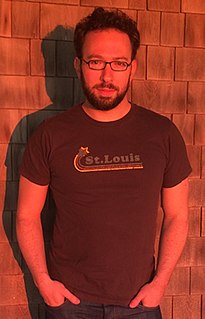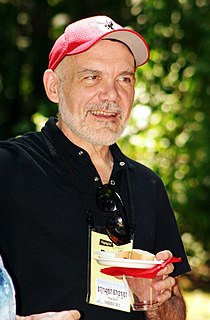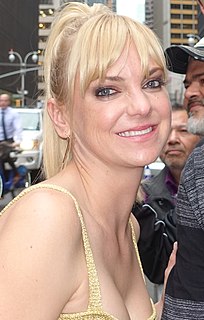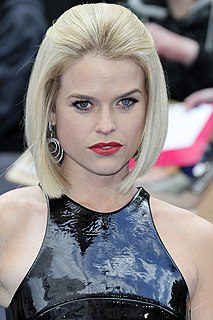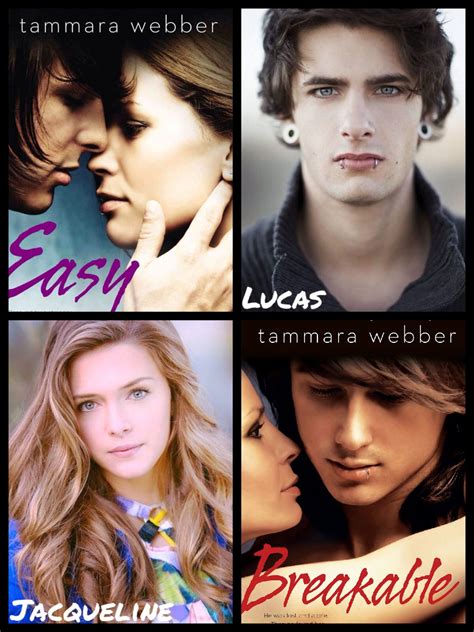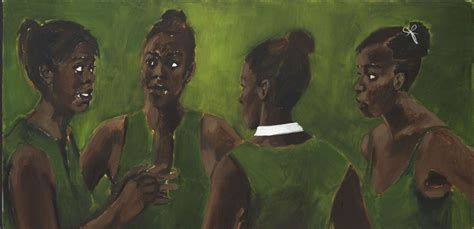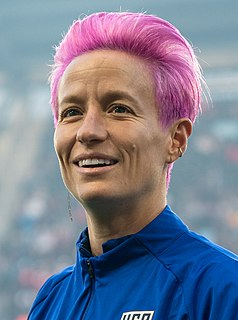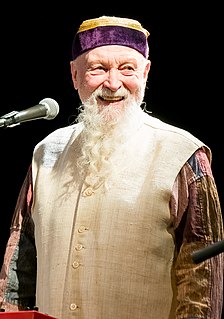A Quote by Emily Barton
Because I think of novels as collaborative enterprises between the writer and the reader, all of my novels so far have ending with endings that maybe point in more than one direction, and that seems important to me because it seems important to me that after you've invested twenty or thirty hours of your imaginative life into this narrative that you have some stake in how it ends.
Related Quotes
We spend more time with our coworkers than we do with our loved ones, and yet we don't have that many novels on the subject. We have far more novels about families bickering at Thanksgiving and not enough about the day before Thanksgiving at the office. If we lived in, say, Romania, maybe a workplace job might not be as important to the cultural discussion. But we live in America, where work is crucially important and capitalism drives everything we do.
I saw a news report recently that measured average video game use by American men between the ages of twenty-five and thirty-five: twenty hours per week. Do you mean the flower of America's masculinity can't think of anything more important to do with twenty hours a week than sit in front of a video screen? Folks, this ain't normal. Can't we unplug already?
It's very important to me that people know that depression doesn't discriminate. A lot of people look at people who have depression and think that it's not legitimate because they're wealthy or it looks like everything seems to be doing fine. But it doesn't pick and choose. It can affect anybody in the brain, no matter how perfect your life seems.
Painting from life was incredibly important for me because it allowed me to train my eyes to see everything that is there. But I realized early on that painting from life wasn't something that I was all that invested in. I was always more interested in the painting than I was the people. For me, removing that as a compulsion offered me a lot more freedom to actually paint and think about color, form, movement, and light.


